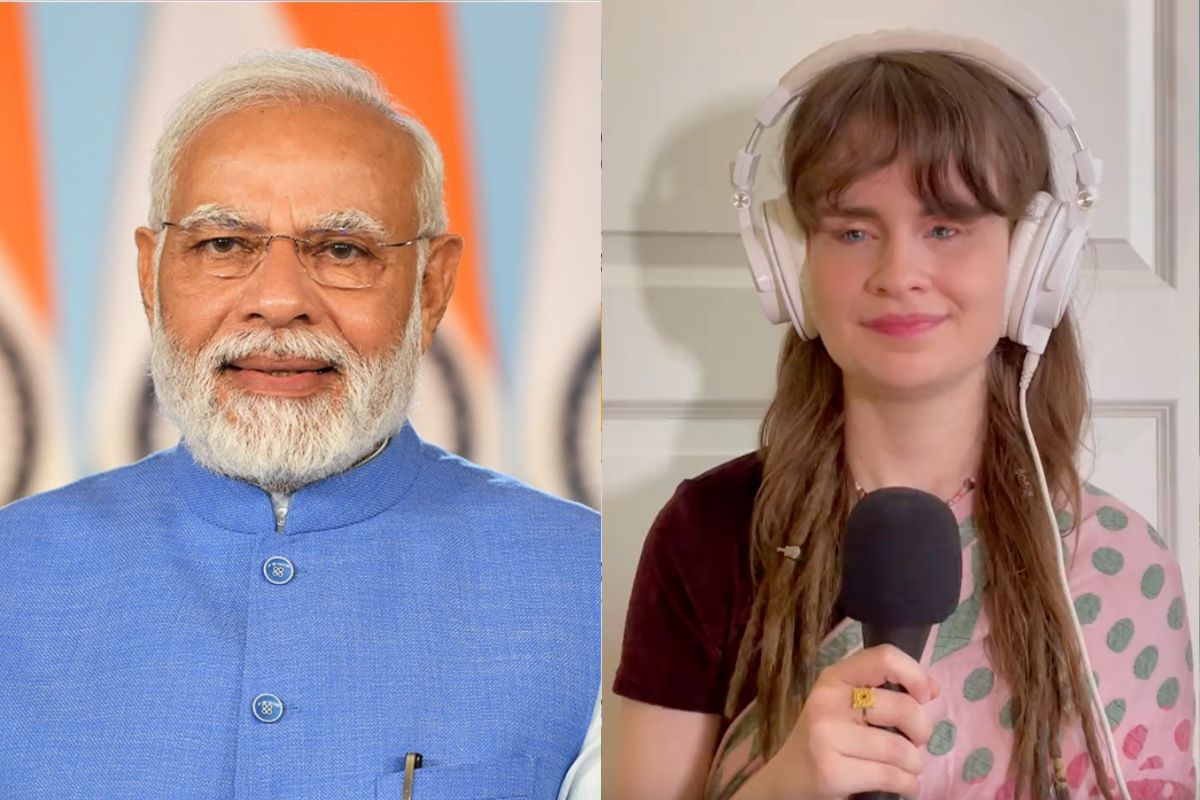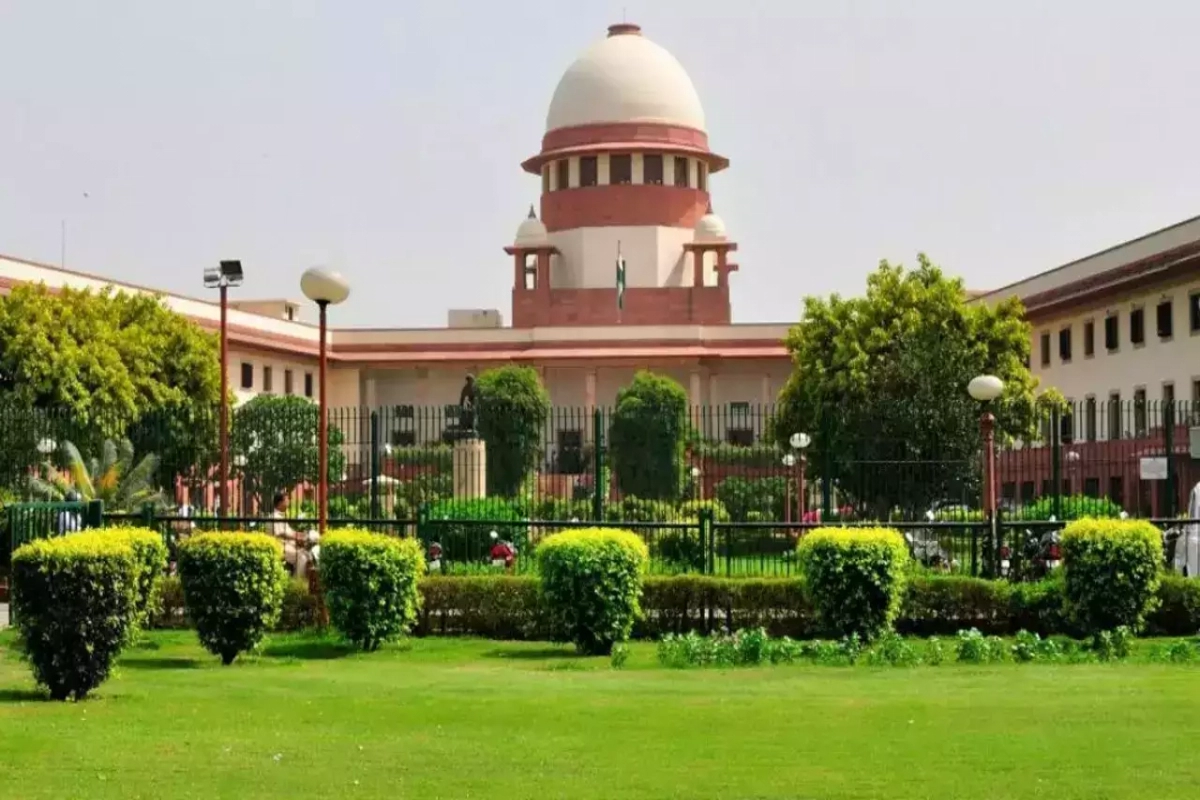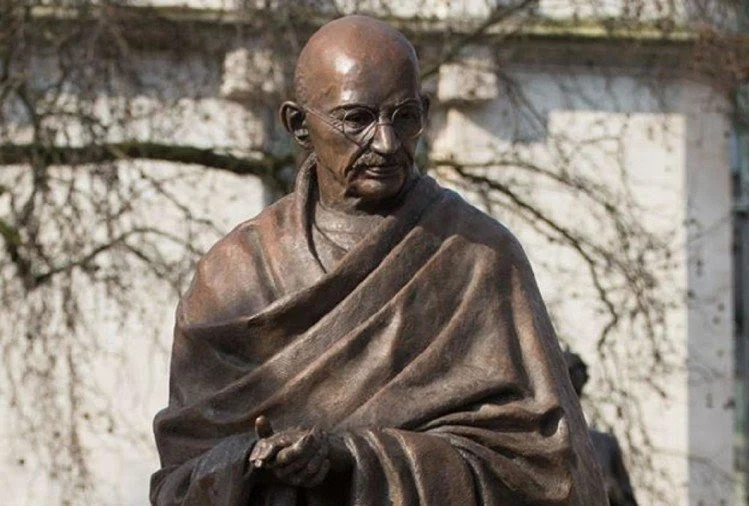As the world witnesses violent turmoil, humanity once again grapples with an age-old paradox: war in the name of peace. This deeply entrenched belief in modern geopolitics, though persistent, is a tragic illusion. On the 155th birth anniversary of Mahatma Gandhi, it becomes essential to reflect on a man who lived by a profound truth: peace cannot be achieved through violence. War perpetuates suffering, and in these times of global crises, Gandhi’s ideals offer us a pathway to break this destructive cycle.
Gandhi’s philosophy of non-violence, truth, and compassion resonates deeply in today’s fractured global landscape. His teachings, rooted in Indian ethos and the timeless wisdom of the Bhagavad Gita, provide a transformative alternative to violence. Gandhi understood that violence cannot produce genuine peace. While it might force temporary submission, it does not heal wounds or nurture reconciliation. For Gandhi, peace was not merely the absence of conflict; it was the active pursuit of justice, empathy, and truth.
This perspective is especially relevant in the context of the Bhagavad Gita, where Lord Krishna guides Arjuna through his moral dilemma on the battlefield of Kurukshetra. The Gita’s emphasis on Dharma deeply influenced Gandhi’s worldview. However, Gandhi’s interpretation of Dharma did not focus on external war, but on the internal battle between love and violence within each individual. For Gandhi, true righteous action meant embracing Ahimsa as the highest form of human duty.
Yet, the modern world has grown too comfortable with the idea that force can resolve differences. The concept of “peace through strength” dominates global discourse, with nations investing heavily in destructive means of warfare. History, however, consistently demonstrates that violence only deepens divisions, perpetuates hatred, and leaves societies fractured. Gandhi’s approach-that dialogue, understanding, and compassion are the true foundations of peace-feels more vital than ever in today’s context.
Modern peace efforts often neglect Gandhi’s philosophy. The global reliance on military power and diplomacy shaped by political and economic interests has led to a view of peace as a matter of statecraft, rather than a shared human responsibility. Governments continue to prioritize military action, overlooking the fact that violence begins at the social level, escalates into political conflict, and only seeks resolution after immense human suffering.
Gandhi’s vision of peace was far more profound. He recognized that true peace begins at the individual level and grows through a collective effort to live in harmony. His belief in Vasudhaiva Kutumbakam encourages us to recognize our shared humanity. Gandhi saw peace not as the absence of war, but as the presence of justice, equity, and kindness in all aspects of life.
One of today’s greatest tragedies is that Gandhi’s ideas are often relegated to social and cultural contexts while being ignored on the global political stage. His approach is often dismissed as idealistic or impractical for the complexities of modern conflicts. Yet, this overlooks the power of his philosophy to address the root causes of violence: inequality, injustice, and a lack of empathy.
The Role of Education and Universities in Fostering Peace
As an educationist and a member of Harijan Sevak Sangh, an organization founded by Mahatma Gandhi in 1932 to uplift marginalized communities and promote social harmony, I believe it is crucial to highlight the transformative role education plays in fostering peace and understanding in today’s world. Universities across the globe have a unique opportunity to reawaken Gandhi’s principles, particularly for younger generations. As centers of learning and moral development, these institutions bear the responsibility of instilling values that promote peace, justice, and non-violence. Gandhi believed that education was not merely about acquiring knowledge but about nurturing character.
Moreover, academic research must address the root causes of global conflict- poverty, inequality, and environmental degradation- through a lens of empathy and justice. Research aimed at finding sustainable, equitable solutions to these problems can make significant contributions to global peace efforts. Universities, through their focus on truth and learning, have the potential to guide societies toward a more peaceful and just world.
A Reflection on Gandhi’s Legacy
As we reflect on Gandhi’s legacy, we are reminded that peace is not a passive state; it requires an active commitment to justice, truth, and non-violence. The current global crises demonstrate that violence, while it may offer temporary solutions, cannot create lasting peace. Gandhi’s message encourages us to look deeper, to seek non-violent ways to address the complexities of modern conflicts, and to foster a deeper understanding of our shared humanity.
On the 155th birth anniversary of Mahatma Gandhi, his timeless truth remains clear: war cannot bring peace. The path to global harmony lies in non-violence, dialogue, and mutual respect. Peace is not a distant hope but a reality that can be cultivated through empathy and understanding—values that education must seek to instill in future generations.
Contributed By: Kunwar Shekhar Vijendra, Co-founder & Chancellor, Shobhit University | Chairman, ASSOCHAM National Council on Education
Keep watching our YouTube Channel ‘DNP INDIA’. Also, please subscribe and follow us on FACEBOOK, INSTAGRAM, and TWITTER.












